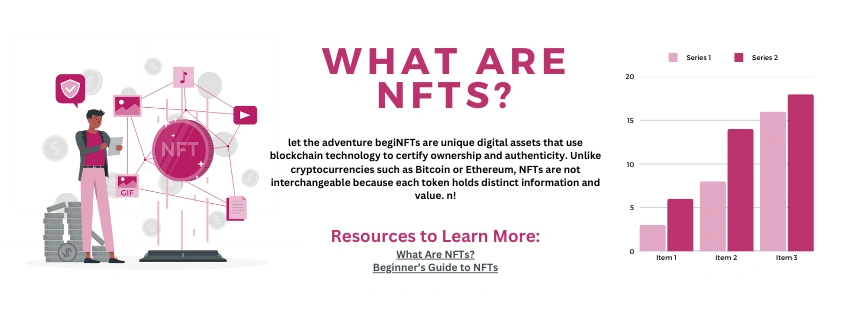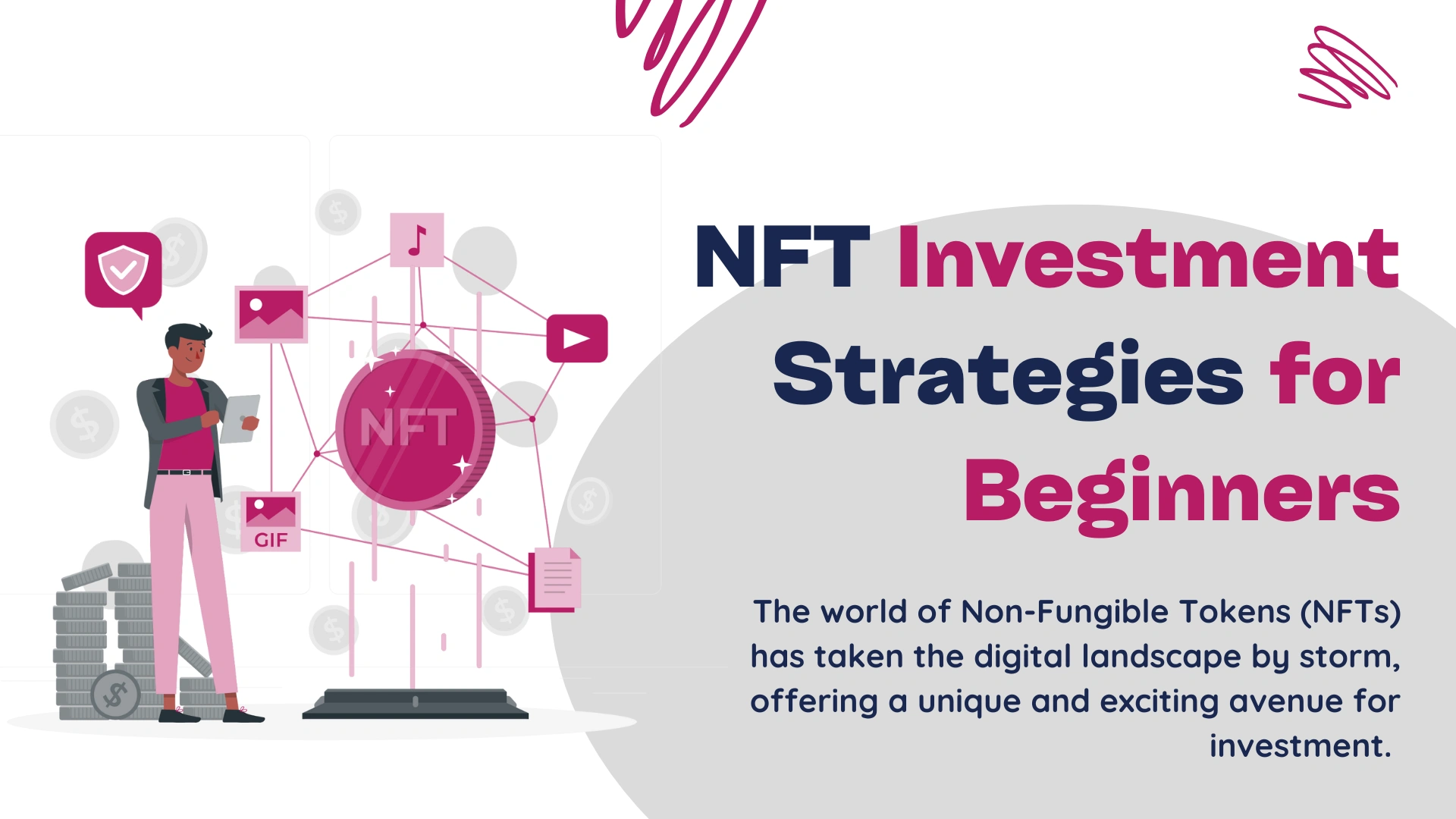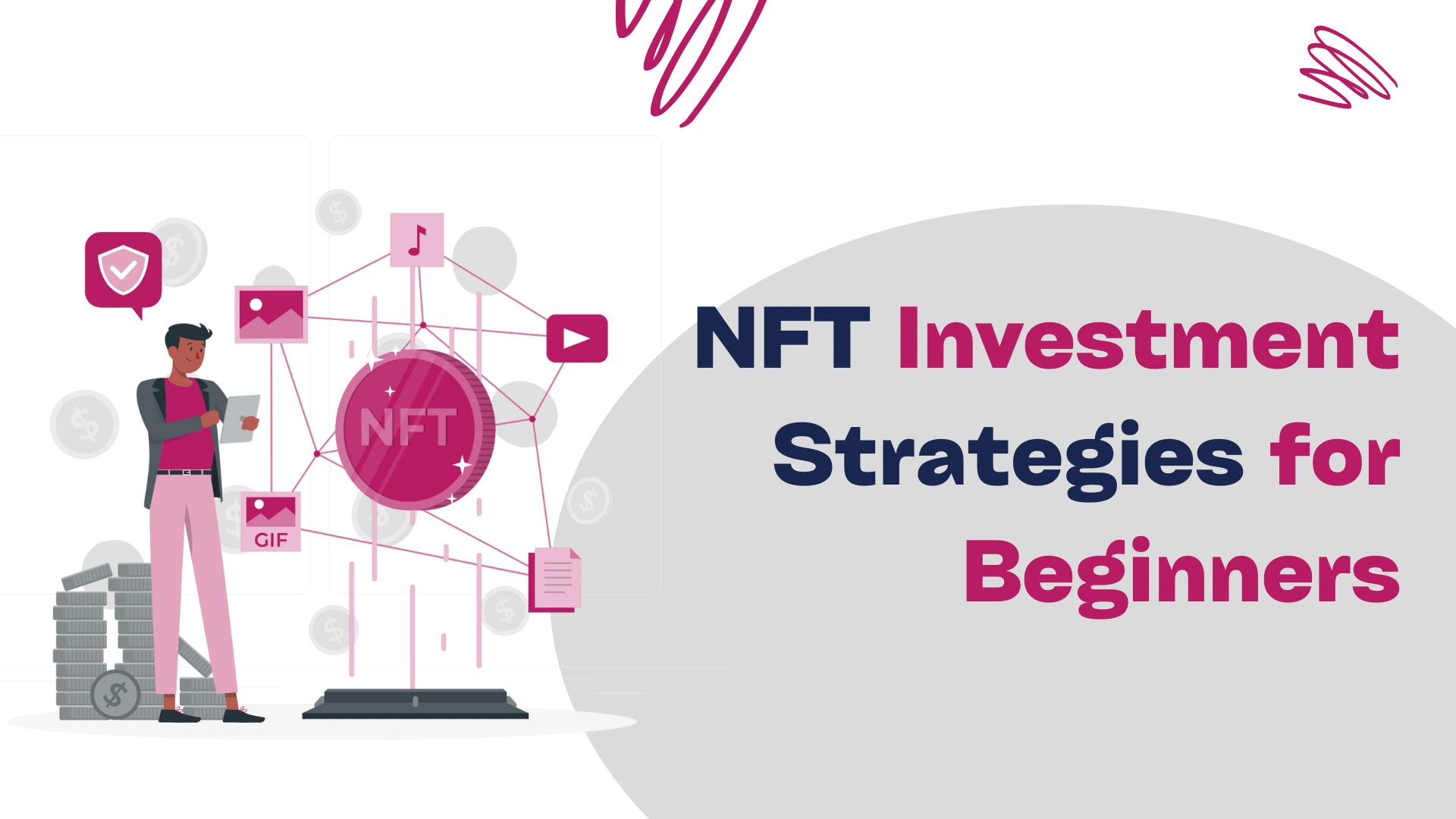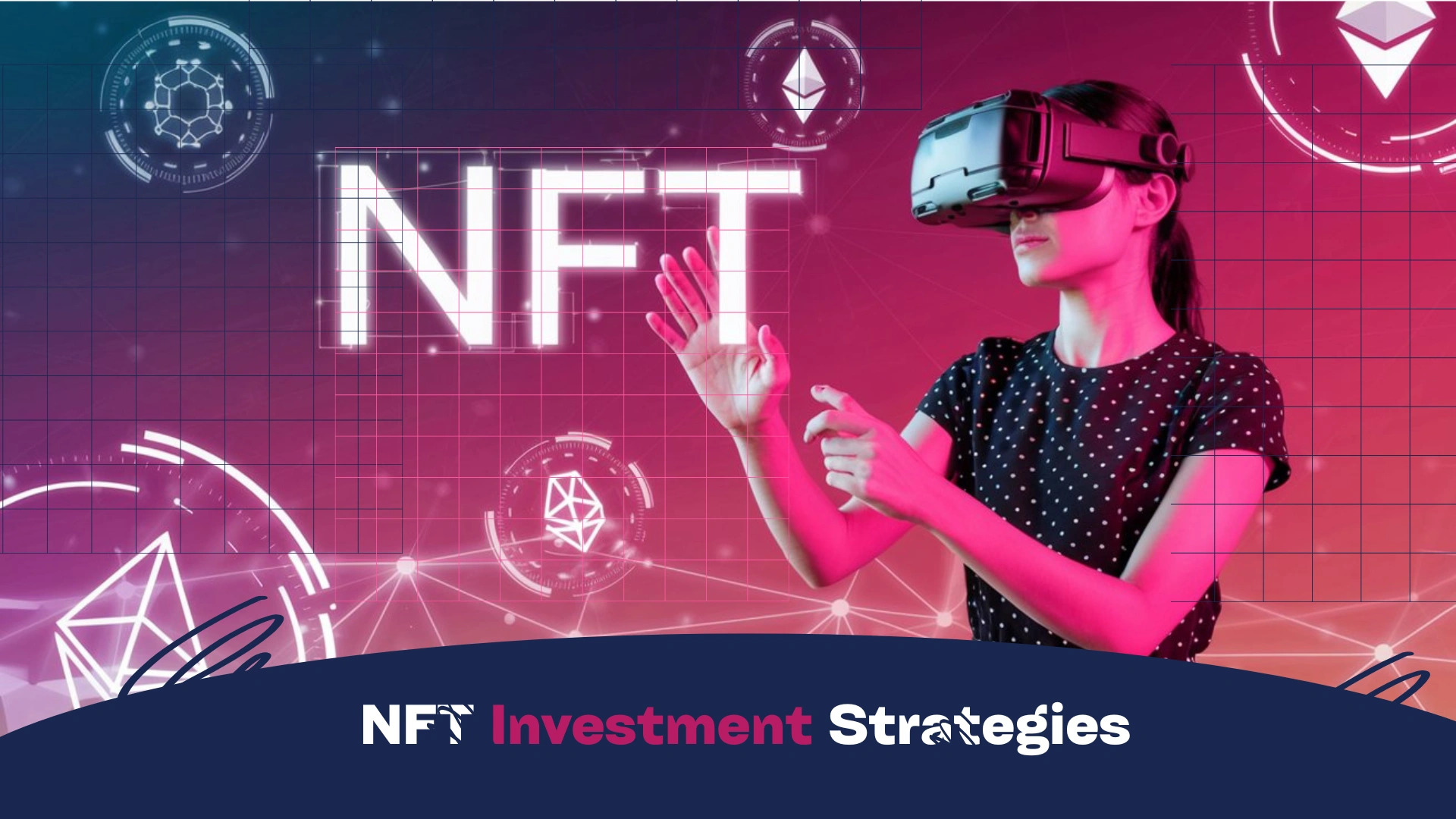The world of Non-Fungible Tokens (NFTs) has taken the digital landscape by storm, offering a unique and exciting avenue for investment. Whether you’re an art lover, a tech enthusiast, or an investor seeking diversification, NFTs represent a burgeoning market with limitless possibilities. This guide explores practical and effective NFT investment strategies for beginners while providing actionable insights to help you navigate this innovative digital frontier.
What Are NFTs?
NFTs are unique digital assets that use blockchain technology to certify ownership and authenticity. Unlike cryptocurrencies such as Bitcoin or Ethereum, NFTs are not interchangeable because each token holds distinct information and value. Popular applications of NFTs include digital art, virtual real estate, collectibles, music, and gaming items.

Resources to Learn More:
Why Invest in NFTs?
Investing in NFTs offers both opportunities and risks. On the upside, NFTs can provide high returns, especially when associated with popular creators or rare assets. Additionally, NFTs enable fractional ownership of expensive assets and facilitate access to exclusive communities or perks. However, the market’s volatility, lack of regulation, and speculative nature require cautious strategies.
Benefits of NFT Investments:
- High Potential Returns: Some NFTs have sold for millions of dollars.
- Diversification: NFTs offer alternative assets for portfolio diversification.
- Community Perks: Ownership may grant access to events or exclusive content.
- Creative Support: Investing in NFTs supports artists and creators directly.
Learn more: NFT Investing Benefits
Essential Strategies for NFT Investment
1. Understand the Market
Before diving into NFT investments, beginners should understand the dynamics of the market. Familiarize yourself with the major NFT platforms, trends, and market behavior. Analyze the performance of popular collections like Bored Ape Yacht Club, CryptoPunks, and Art Blocks.
Research Tools:
2. Choose the Right Platform

Selecting the right platform is crucial for a seamless NFT investment experience. Leading platforms like OpenSea, Foundation, and SuperRare are user-friendly and cater to diverse asset categories. Compare transaction fees, supported blockchains, and asset availability before committing to a platform.
| Platform | Key Features | Fees |
|---|---|---|
| OpenSea | Largest marketplace | 2.5% |
| Rarible | Decentralized ecosystem | 2.5% |
| SuperRare | High-end digital art | 3% sales fee |
Explore More: Top NFT Marketplaces
3. Set a Budget
NFT prices can range from a few dollars to millions, so setting a clear budget helps mitigate risks. Avoid investing more than you can afford to lose and allocate funds wisely between high-value and affordable assets.
Pro Tip: Start small with emerging collections to minimize financial exposure.
Evaluating NFT Investments
1. Verify Authenticity
Authenticity is paramount in NFT investments. Ensure that the digital asset is minted on a reputable blockchain and associated with a credible creator or project. Use tools like Etherscan to verify transaction history and token metadata.
2. Assess Rarity and Demand
Rarity often determines an NFT’s value. Check rarity scores using platforms like Rarity Tools. Consider the demand for specific collections or themes in the market.
Risk Management Tips
- Diversify Investments: Avoid putting all your funds into a single NFT.
- Research Thoroughly: Investigate creators, communities, and project roadmaps.
- Stay Updated: Follow industry news on platforms like CoinDesk and Decrypt.
FAQs
Q1: How do I start investing in NFTs? A: Begin by creating a crypto wallet (e.g., MetaMask), purchasing Ethereum or other supported cryptocurrencies, and exploring reputable marketplaces like OpenSea or Rarible. Ensure thorough research before purchasing.
Q2: Are NFTs a safe investment? A: While NFTs offer potential returns, they are speculative and volatile. Implement risk management strategies and invest only what you can afford to lose.
Q3: How do I evaluate an NFT’s value? A: Consider factors like rarity, creator reputation, historical sales data, and community interest. Use tools like Rarity Tools and Etherscan for in-depth analysis.
Q4: What is gas fees in NFT transactions? A: Gas fees are blockchain transaction costs paid to miners. They vary based on network demand and can significantly impact NFT purchase costs.
Q5: Can I resell NFTs? A: Yes, NFTs can be resold on marketplaces. However, profitability depends on market demand and trends.
Conclusion
Investing in NFTs can be both thrilling and profitable for beginners willing to learn and adapt. By understanding the market, selecting the right platforms, and implementing effective strategies, you can unlock the potential of this dynamic digital ecosystem. Remember to approach NFT investments with caution, stay informed about emerging trends, and diversify your portfolio to balance risks and rewards. As the NFT market continues to evolve, embracing these strategies can help you confidently navigate this exciting space.
Related Reads:


